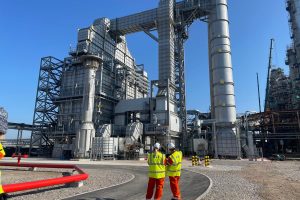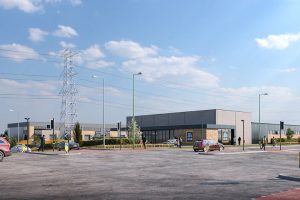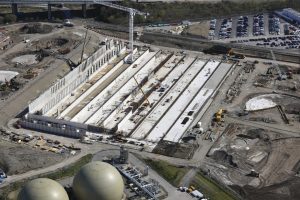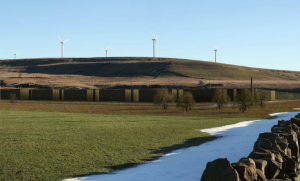£6m project kicks off trials to demonstrate value of low-cost biofuels
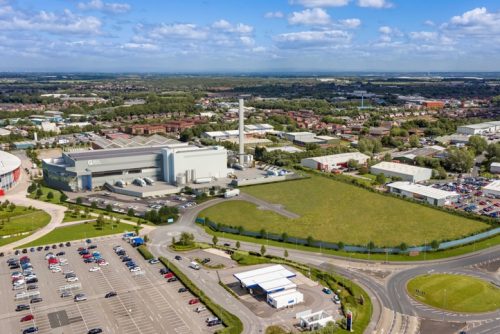
The St Helens Glass Futures project has successfully completed a major industrial trial to identify and demonstrate a variety of economically and technically suitable low-cost bioderived fuels for a range of industrial glass and ceramics sites with furnaces of varying designs and scales.
The £54m Glass Futures Global Centre of Excellence, which opened in June last year, aims to deliver industry and government-backed research and development projects focused on decarbonising the glass and foundation industries.
In previous projects, Glass Futures demonstrated the feasibility of a number of biofuels such as for use in glass furnaces and identified fuels that emit circa 80% less Scope 1 CO2 than traditional natural gas.
However, these fuels were found to be typically 2-3 times more expensive than natural gas and therefore, economically unattractive.
The first of five trials kicked off with a successful industrial-scale trial at Pilkington UK’s Greengate site in St Helens as part of a project funded by the Government.
Not only will the project develop a detailed understanding of these fuels, their availability and potential CO2 savings, but will also assess their compatibility with Carbon Capture Utilisation & Storage (CCUS) technologies in a project led by C-Capture, demonstrating the potential to remove CO2 from the flue gas emissions.
Glass furnaces and ceramics kilns are pre-dominantly fired using natural gas due to ease of supply, and while the glass industry is already embarking on a range of new technologies to decarbonise glass melting, it is vital that these essential industries continue to find viable low-carbon alternatives to gas.
In March of this year, trials on Glass Futures’ combustion test bed facility provided valuable insights into the combustion properties of biofuel oil, alongside other biofuels, and the confidence to progress a selection of these fuels for trials on commercial glass furnaces and ceramics kilns.
Habib Khosroshahi, project team manager and programme lead for Industrial Fuel Switching, said, “Having demonstrated the capability of these biofuels at our facility earlier this year, we are excited to progress this technology to industrial-scale trials, working alongside our members to truly test their suitability for commercial implementation, towards a lower-carbon future for the glass and foundation industries.”
The project brings together partners from two essential industries, glass and ceramics. Partners include major glass manufacturers such as Ardagh Glass Packaging, Encirc, Pilkington owner NSG Group and O-I, as well as the UK’s largest manufacturer of shaped refractories, DSF Refractories & Minerals.
Caio Mendonça, R&D Senior Decarbonisation Technologist at Pilkington UK, said: “This groundbreaking trial is an exciting step towards net zero, and highlights our dedication to sustainable innovation within the glass industry. By testing biofuels at an industrial scale, we are pushing the boundaries of what is possible and demonstrating the power of cleaner, low-carbon alternatives to natural gas.”
He added: “This project is not just about reducing our own carbon footprint, but also paving the way for the entire industry to transition towards more environmentally friendly practices.”
Steve Rotheram, Mayor of the Liverpool City Region, said: “Glass Futures has a central role in our mission to decarbonise the Liverpool City Region. This initiative not only aims to transform the global glass industry, but it’s also creating new jobs and developing skills which are essential for the industries of the future.”


